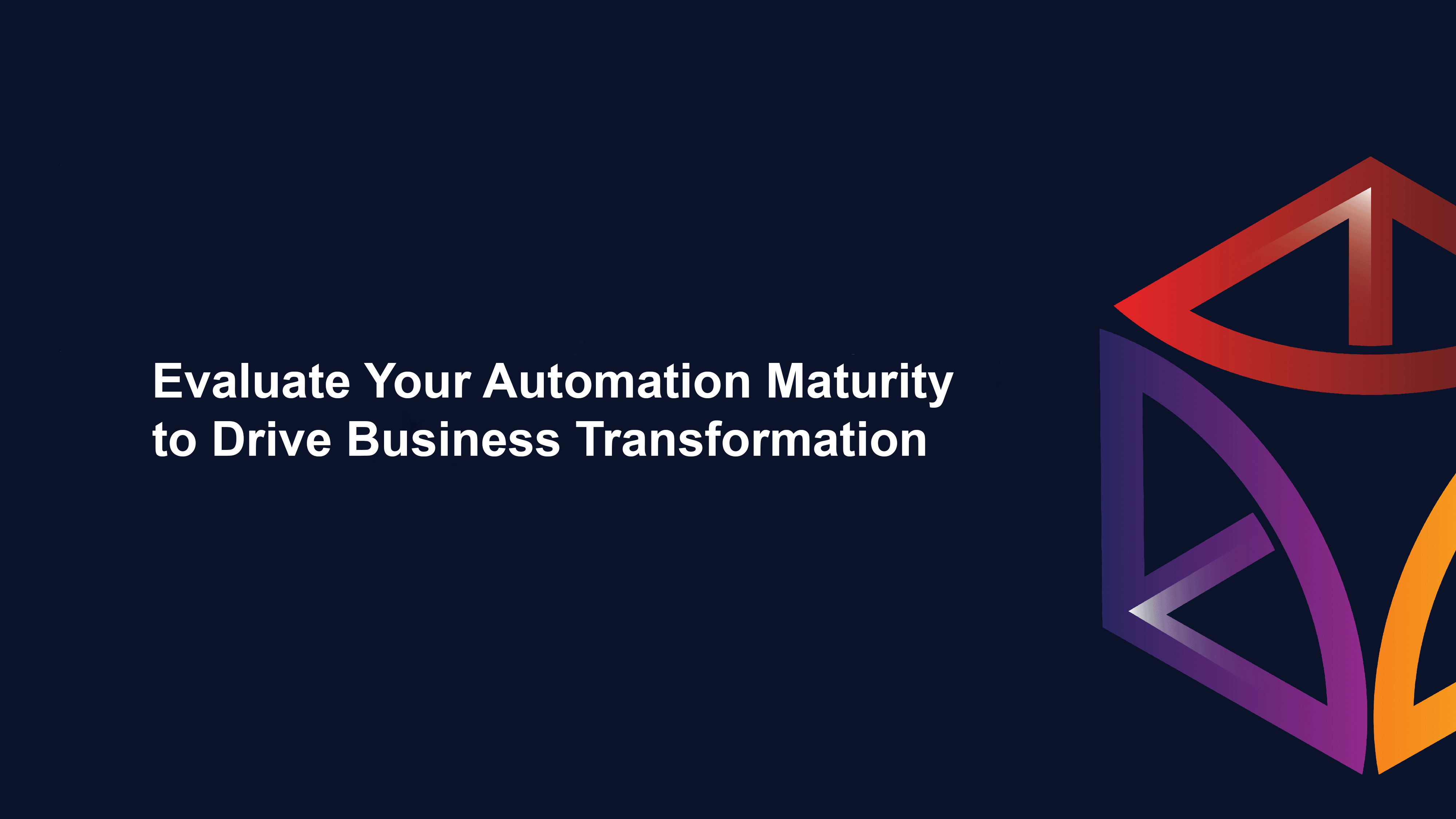

Elsa Petterson
Partner success manager @ Put It Forward
Digital transformation should be a priority of any organization – after all, with technological advancements comes a plethora of opportunities and benefits. Therefore, it is not at all surprising that enterprises proactively seek digital transformation solutions that could give them a competitive advantage and improve their internal procedures. In this article, we will discuss the most important trends regarding digital transformation that you need to follow in 2024.
Enterprise Digital Transformation Challenges
Before we enlist and discuss the latest digital transformation trends, let's take a look at the challenges that businesses face on their way to digitalization. This will give you a better understanding of what to expect and why particular trends emerged. So, what obstacles do businesses need to overcome?
- Legacy technology – Sometimes, old technologies are hindering further development. If you don’t update your tech stack or work on solutions like old coding languages or runtime environments that are no longer used, you might find it difficult to upgrade your systems and digitalize your operations. In many such situations, the only solution is to set up a new system/platform/program from scratch, and this is both time-consuming and expensive.
- Fear of change and lack of digital literacy – One of the biggest challenges to digital transformation is the employees themselves. They are often used to the tech stack that you are using currently, and if it is good enough, they might have a negative attitude toward changes. Plus, even if they approach new tech optimistically, they might have insufficient skills to take full advantage of new systems or platforms.
- Lack of strategy – For a digital transformation to be fully effective, you need to plan it carefully. Take, for instance, an IT transformation – adding new tech to the stack won’t help you improve your systems, as you want to necessarily cover all the important areas, while you might have an overabundance of technology dealing with particular problems. You need to consider what your business in particular wants to achieve, how to do that, what are the bottlenecks in current technologies that you wish to eliminate, and what tech is capable of that. Then, you need to prepare a kind of roadmap of the most optimal way to achieve all your goals with particular digital transformation solutions.
- Costs – For many organizations, the costs of digital transformation are what discourages them from actually acting on any related trends. Indeed, introducing new technologies might sometimes be costly. However, in this case, you need to remember that using legacy solutions may generate more costs in the long run – tech debt in coding is a perfect example.
The Digital Transformation Trends in 2024
Knowing what challenges you may face in your organization’s digital transformation, we can proceed with discussing the latest trends regarding this process. What is currently popular and why? Take a look at our list.
1. Intelligent Automation
Advanced process automation is among the most crucial digital transformation trends for the upcoming 2024, with the benefits of intelligent automation getting more recognition. Businesses tend to invest more in robotic process automation (RPA), artificial intelligence (AI), and Internet of Things (IoT) devices that act as a base for these two technologies.
IoT robots, making decisions based on data collected by AI, are slowly becoming less of the future and more of the present. The scale of this is major – according to McKinsey Quarterly, the Industrial Internet of Things (IIoT) will consist of over 50 billion devices, and this is reflected in the forecast growth of the IIoT market, which, according to Grand View Research, will reach a stunning 18.6% CAGR between years 2023 and 2030.
Apart from hardware, this trend is also visible in the realm of software, among tasks that are already done digitally. Intelligent automation is now utilized as a way to cut down the time spent by employees on low-value tasks to a minimum, eliminate human error, and improve customer experience. This trend is likely to continue throughout 2024 and 2025.
2. Blockchain
Blockchain technology strengthens trust, transparency, and traceability. Therefore, switching to this tech has become one of the more common digital transformation strategies – especially in an industry where data security is of the utmost importance.
This trend is visible mainly in two strategies undertaken by many businesses: blockchain app development and blockchain integration into other technologies. It’s enough to say that with only 2.7 billion dollars invested in blockchain in 2019, the current forecasts estimate a rise to 19 billion dollars in 2024 (tech.co), so there is no doubt that it is a trend that you should keep your eye on.
3. Utilizing Generative AI
While artificial intelligence has already proven useful in many areas of business, we have yet to explore its full potential. Therefore it has become a trend among businesses undergoing digital transformation to attempt to find new, innovative ways to utilize Generative AI for their benefit.
This is especially true with generative AI stomping on the market recently. The likes of ChatGPT, Dall-E2, Scribe, or Bard are changing the way organizations approach marketing, sales, or even customer support. In 2024 this tendency will probably be even more visible, with new solutions springing up and revolutionizing the market.
However, this development also puts one additional challenge for businesses – merging all the AI-based systems into one easy-to-use platform. Therefore, along with the development of artificial intelligence tools, businesses will need to invest in solutions such as intelligent data integration – or they might not reap the full harvest of generative AI.
4. 5G Technology
5G technology is all about speed and not about speed at the same time. How is it?
While the speed itself might be a benefit, 5G opens a container, not a whole containership of opportunities. Its low latency gives businesses the possibility to develop tech that works autonomously in real-time, with self-driving cars being the primary example. However, this does not have to be restricted to automobiles – autonomous industrial robots, IoT devices working practically immediately, smart offices, and cities – all of this is possible thanks to 5G. So, it’s not a surprise that the leaders in digital transformation pay close attention to this tech and search for ways to utilize it even more effectively.
5. Data Security
Finally, with all these developments comes one major concern – data security.
For many businesses, digital transformation means their tech stack is growing. Often to a level that they simply can’t handle it. Therefore, along with exploring new solutions, businesses seek ways to protect their growing datasets.
As a direct consequence of this digital transformation trend, organizations invest in different solutions – from entrusting robust antivirus software to employing larger cybersecurity teams. Many of them also integrate data into one platform to make protecting it easier or attempt to reduce the amount of sensitive data they collect to a minimum. Yet, the risk of leaks is still high; therefore, the trend to invest in cybersecurity shall not be gone soon.
The Takeaway
Digital transformation is full of challenges, but finding the right solutions to them will let you elevate your business to a completely new competitive level. The current trends in this process include investing in intelligent automation, blockchain, and 5G technology, along with finding new ways to make use of AI and protect data from potential leaks. What trends will the future bring? That’s a question that only time can answer.
Did you like this article? You should also read: Evaluate Your Automation Maturity to Drive Business Transformation
Subscribe to our blog































